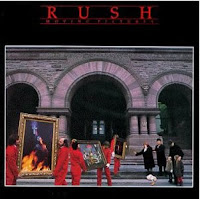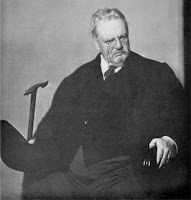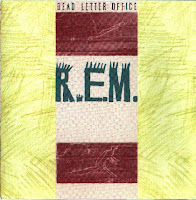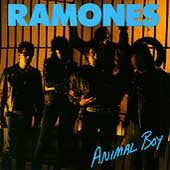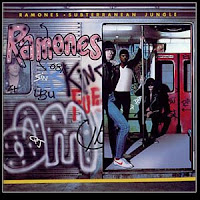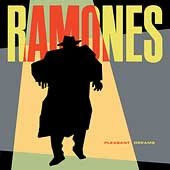
Happy belated birthday to Les Paul, who for all intents and purposes invented the electric guitar. Mr. Paul turned 94 yesterday, and he is shown seated here (in
a video I tried to load directly all damn day) playing a duet with Chet Atkins.
Check out a minibiography of Les Paul
here.
Since my original idea for this post was an epic fail, I'll salvage something by posting the following story about an idea that spiral into unimagined success.
I wrote this history of the spirograph for a pittance for a Web site called eHow. The Web site dictates the slightly awkward format Enjoy.
++++
Spirograph History
First sold in England in the spring of 1965, more than 100 million Spirograph kits have been sold worldwide. The overlapping spiral designs created by clipping pens into interlocked gears and moving the pens appeared widely in late 1960s art and fashion and have entertained children and adults for more than four decades.
The Inventor
Denys Fisher invented the Spirograph during the summer of 1963. Born in Leeds, England, on May 11, 1918, Fisher studied at Leeds University but left before receiving a degree to develop machinery for his family’s lubrication firm, Kingfisher Ltd.
Building on work with fine springs he began at Kingfisher, Fisher formed his own company in 1960 and quickly landed a NATO contract to design components for canon shell detonators.

Fisher offered the first Spirographs for sale through a Leeds department store in March 1965, in a box reading “Pattern drawing by revolving stencils.” Spirographs began selling quickly after being featured on the UK children’s program
Blue Peter.
Although Fisher’s toy company, appropriately named Denys Fisher Toys, got out of the Spirograph business within four years, Fisher continued consulting on the development of his creation until late in his life. Fisher died Sept. 17, 2002, in Furness.
The IdeaFisher developed an interest in mathematics and geometric patterns known as hypocycloids, in particular, when a childhood illness confined him to bed with the text An Elementary Course on the Infinitesimal Calculus by Horace Lamb.
The Web site WolframMathworld defines a hypocycloid as “the curve produced by a fixed point on the circumference of a small circle … rolling around the inside of a larger circle.” Less technically, the Pittsburgh Steelers helmet logo includes three hypocycloids.
Fisher began his work on perfecting a way to draw hypocycloids by trying to improve upon machines developed during the 1800s. According to Fisher’s memoriam in the October 26, 2002,
TimesOnline, Fisher “was listening to Beethoven’s Ninth Symphony, and as the choral movement ended he had a vision: the new device would be made out of a series of perforated plastic cog-wheels and racks.”
Early SuccessThe Spirograph became the largest-selling toy in the United Kingdom in the same year it was introduced. The drawing kit, which Fisher had originally conceived of as a draftsman’s tool, also took honors as the leading UK educational toy for 1965, 1966 and 1967.
The Kenner company introduced the Spirograph to the United States market in 1996, and the kit became the top U.S. toy in 1967. Kenner took full control of the Spirograph brand in 1970.
Cultural Impact
TimesOnline characterized the “trippy, floral” Spirograph patterns as “ideally suited to the era of psychedelia and flower power.” During the late 1960s and early 1970s, Spirographic images appeared on items ranging from evening gowns and op art prints to lampshades and Christmas cards.
Hasbro
Hasbro acquired Kenner in 1991, taking control of the Spirograph brand. The latest version of the toy, Spirograph Deluxe, features seven gears, a gear template, a drawing template, a pen and paper.



